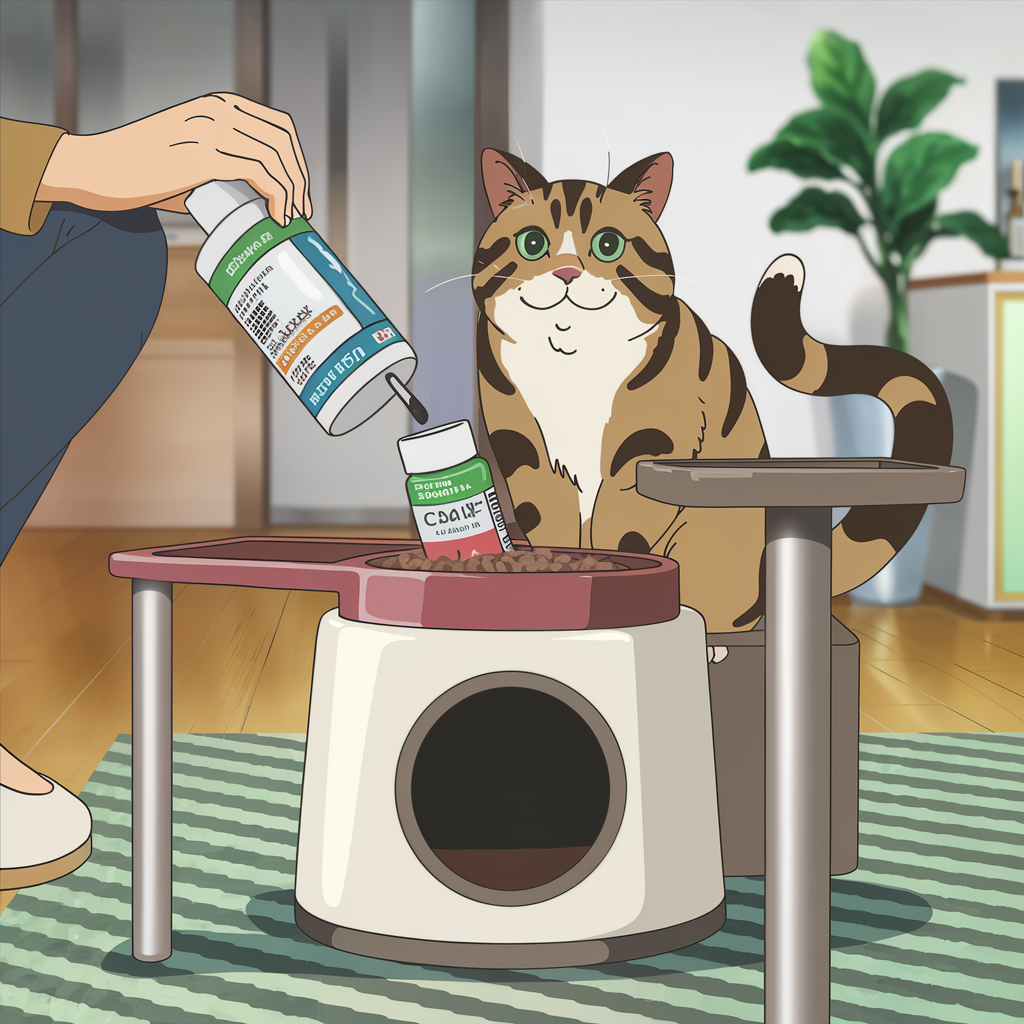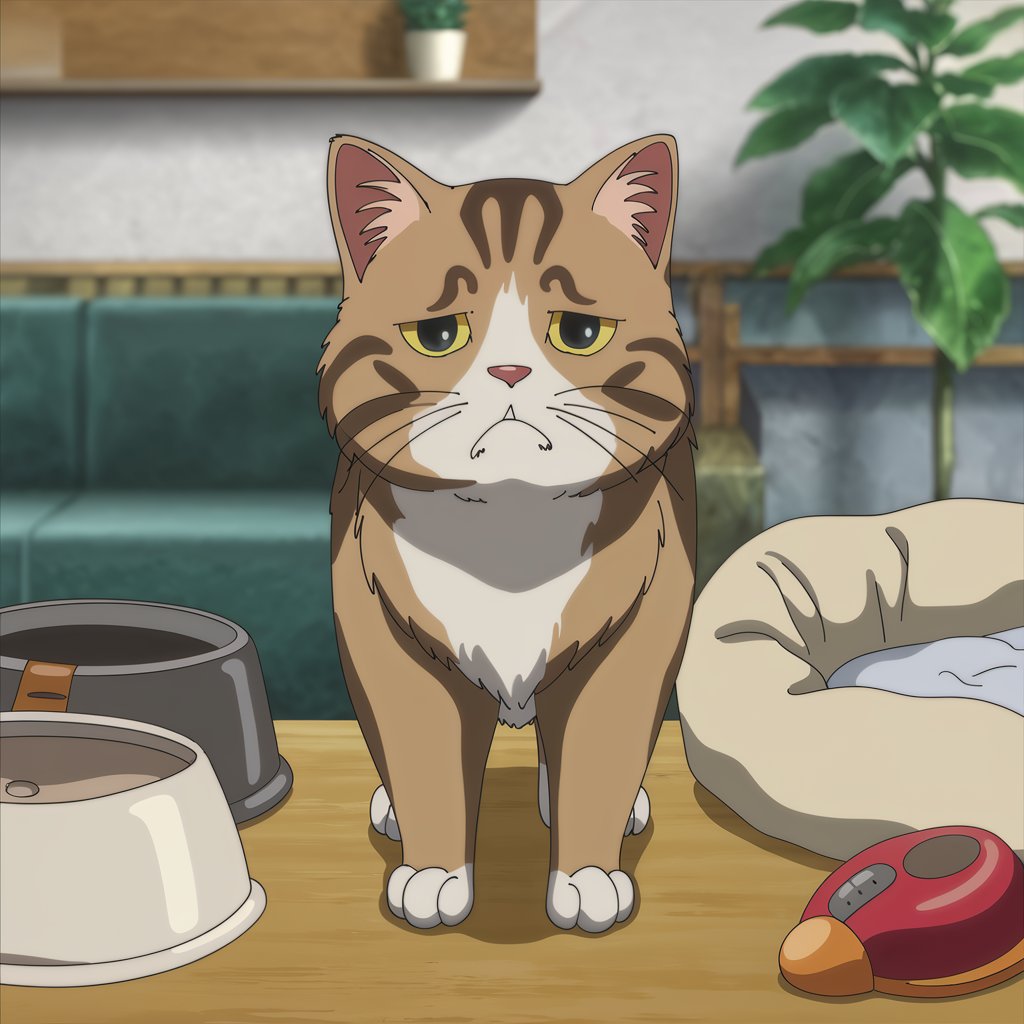As a dedicated cat lover, you want nothing but the best for your feline friend. Ensuring that your cat receives proper nutrition is essential for its overall health, growth, and longevity. While a balanced diet is the cornerstone of good health, cat supplements and vitamins can play a crucial role in filling nutritional gaps and addressing specific health needs. In this comprehensive guide, we’ll delve into why supplements and vitamins are vital for your cat’s health, how to choose the right products, and what benefits they can bring to your beloved pet.
Understanding Cat Nutrition: The Basics
Cats are obligate carnivores, meaning they require certain nutrients found primarily in animal tissue. A balanced diet for cats typically includes proteins, fats, vitamins, minerals, and water. Commercial cat foods are formulated to meet these nutritional needs, but not all cats may get everything they need from diet alone. This is where supplements and vitamins come into play.
- Protein: Essential for muscle development, energy, and overall growth.
- Fats: Provide energy, support cell function, and promote healthy skin and coat.
- Vitamins and Minerals: Vital for immune function, bone health, and various metabolic processes.
- Water: Critical for hydration and overall health.
Why Cat Supplements & Vitamins Are Essential
- Filling Nutritional Gaps: Even with the best commercial cat food, some cats may need additional nutrients. Supplements can help fill these gaps, especially if your cat has dietary restrictions or specific health concerns. For example, older cats might benefit from joint supplements, while kittens might need additional calcium.
- Supporting Specific Health Conditions: Cats with certain medical conditions may require specific supplements to support their health. For instance, a cat with kidney disease may benefit from supplements that support kidney function, while a cat with a sensitive stomach may need probiotics.
- Enhancing Skin and Coat Health: Supplements rich in omega-3 and omega-6 fatty acids can improve skin and coat health, reducing issues like dryness, itching, and shedding. These fatty acids also support brain health and reduce inflammation.
- Boosting Immune Function: Vitamins like C and E, along with certain minerals, play a crucial role in boosting your cat’s immune system. A strong immune system helps protect your cat from infections and diseases.
- Supporting Aging Cats: As cats age, their nutritional needs change. Supplements designed for senior cats can help maintain joint health, cognitive function, and overall vitality. Glucosamine, chondroitin, and omega fatty acids are popular choices for older cats.
- Promoting Digestive Health: Digestive enzymes and probiotics can help cats with digestive issues, promoting a healthy gut flora and improving nutrient absorption. This is particularly important for cats prone to diarrhea, constipation, or other gastrointestinal problems.

Common Types of Cat Supplements & Vitamins
- Multivitamins: A good multivitamin can provide a wide range of essential vitamins and minerals that your cat might be missing from its diet. These are often recommended for cats on homemade or raw diets.
- Omega Fatty Acids: As mentioned earlier, omega-3 and omega-6 fatty acids are essential for skin, coat, brain, and joint health. These are commonly found in fish oil supplements.
- Probiotics: Probiotics are beneficial bacteria that promote a healthy digestive system. They can help manage diarrhea, improve stool quality, and boost overall gut health.
- Joint Supplements: Ingredients like glucosamine, chondroitin, and MSM are commonly used to support joint health, especially in older cats or those with arthritis.
- Antioxidants: Vitamins like C and E, along with other antioxidants, help combat free radicals in the body, reducing oxidative stress and supporting overall health.
- Taurine: Taurine is an essential amino acid for cats, crucial for heart health, vision, and reproduction. While most cat foods contain taurine, some cats may need extra supplementation.
- L-Lysine: Often used to support the immune system, L-Lysine is particularly useful for cats suffering from feline herpesvirus.
- Fiber Supplements: For cats with constipation or weight issues, fiber supplements can help regulate bowel movements and promote a feeling of fullness.
How to Choose the Right Cat Supplements & Vitamins
- Consult Your Veterinarian: Before introducing any supplements to your cat’s diet, it’s essential to consult with your veterinarian. They can help you determine what supplements are necessary based on your cat’s age, health, and dietary needs.
- Quality Matters: Not all supplements are created equal. Look for high-quality, reputable brands that use natural ingredients and have been tested for safety. Avoid products with fillers, artificial colors, or preservatives.
- Read Labels Carefully: Pay attention to the ingredients and dosage instructions on the supplement labels. Some supplements may interact with medications or other supplements your cat is already taking.
- Consider Your Cat’s Specific Needs: Different cats have different nutritional needs. A young, active cat might require different supplements than a senior cat with arthritis. Tailor your choices to your cat’s unique needs.
- Watch for Allergies: Some cats may be allergic to certain ingredients in supplements. Start with a small dose and monitor your cat for any adverse reactions.
The Benefits of Regular Supplementation
- Improved Overall Health: Regular supplementation can lead to noticeable improvements in your cat’s overall health, including better energy levels, shinier coat, and stronger immune system.
- Longer, Healthier Life: By addressing specific health concerns and filling nutritional gaps, supplements can contribute to a longer, healthier life for your cat.
- Enhanced Quality of Life: Cats suffering from chronic conditions like arthritis or digestive issues can experience a significant improvement in their quality of life with the right supplements.
- Prevention of Health Issues: Regular supplementation can help prevent common health issues like urinary tract infections, dental problems, and obesity.

Conclusion: Investing in Your Cat’s Health
As a cat care lover, your ultimate goal is to ensure that your feline friend lives a long, healthy, and happy life. Cat supplements and vitamins are an excellent way to support your cat’s health beyond what their regular diet can provide. By choosing the right supplements, you can address specific health concerns, fill nutritional gaps, and enhance your cat’s overall well-being.
Always consult with your veterinarian before adding any new supplements to your cat’s routine, and be sure to choose high-quality products from reputable brands. With the right care and attention, you can help your cat thrive and enjoy many healthy, happy years together.











